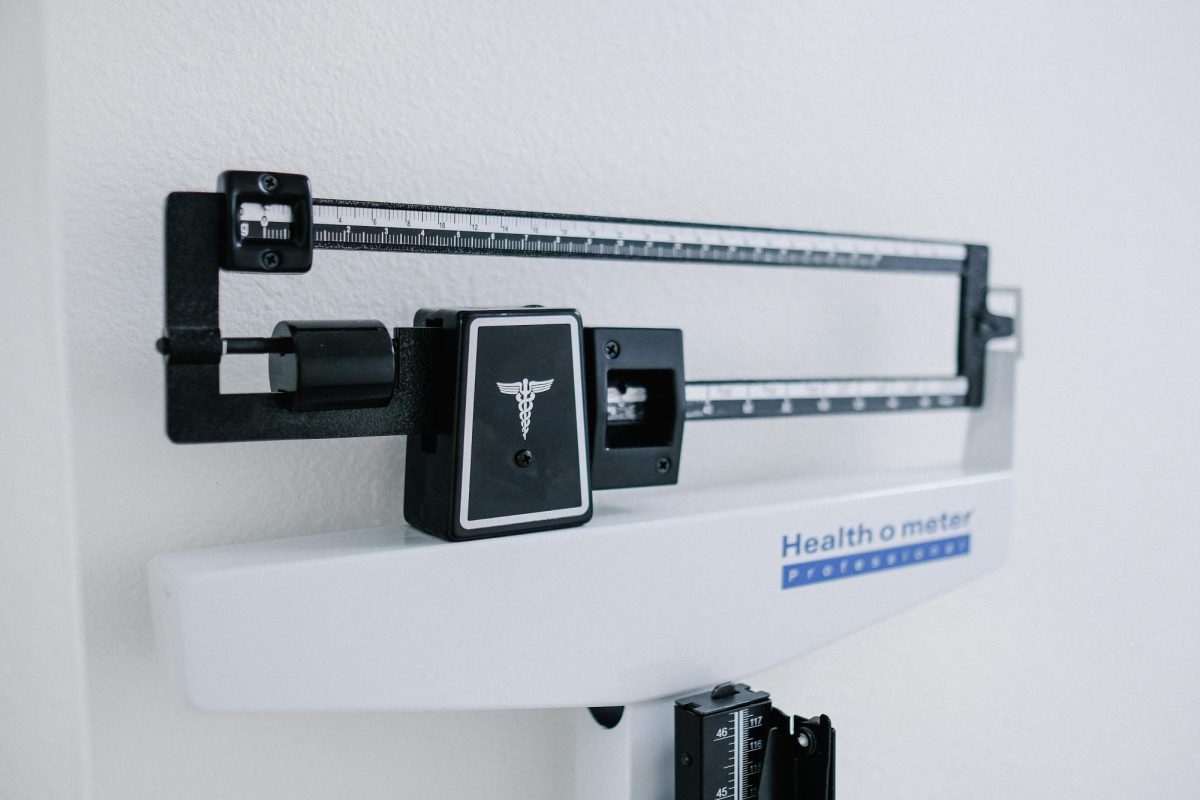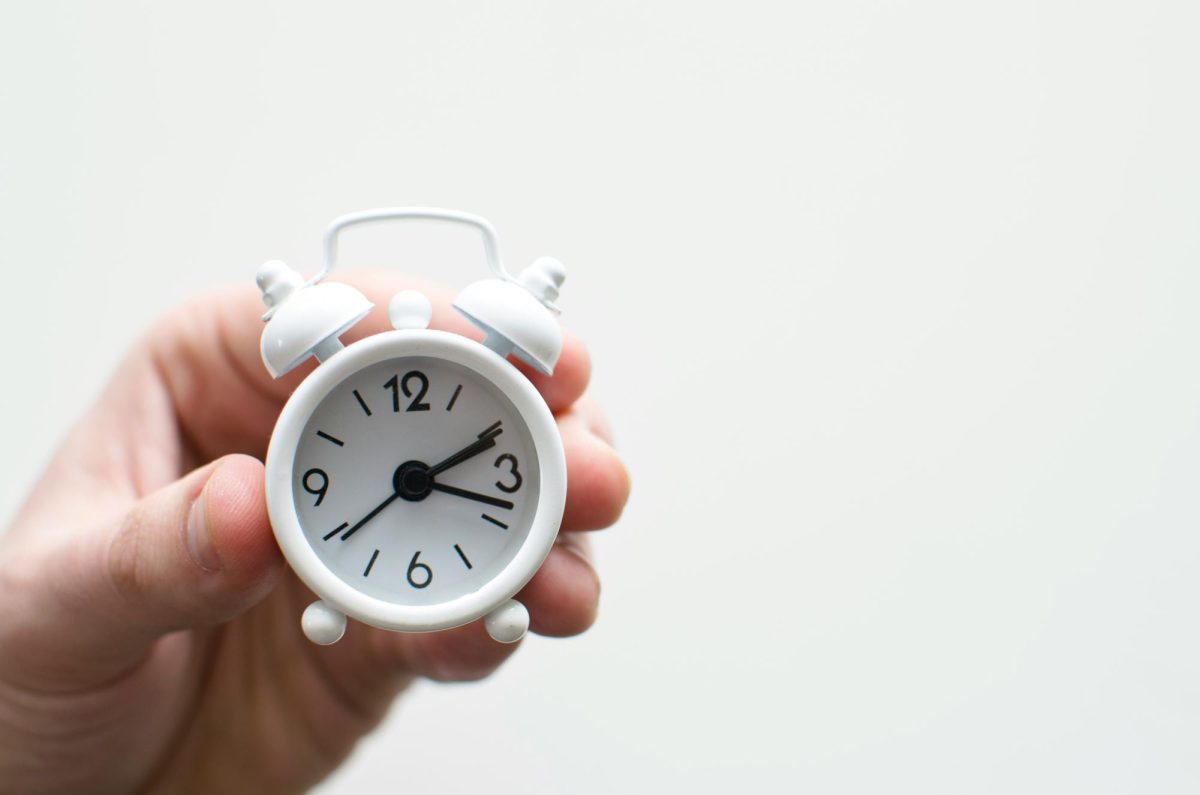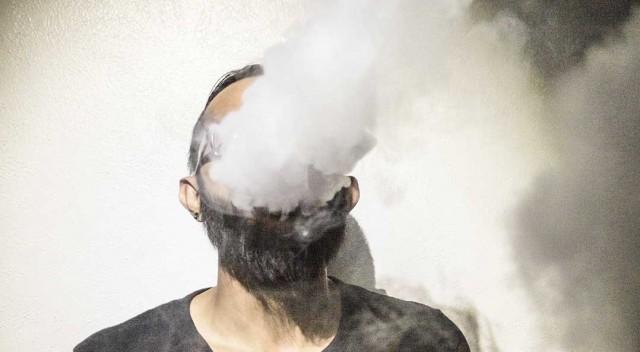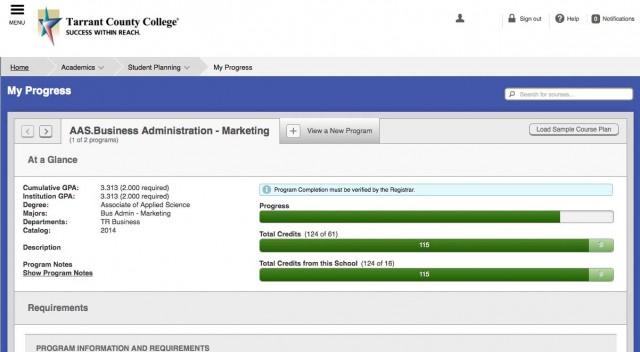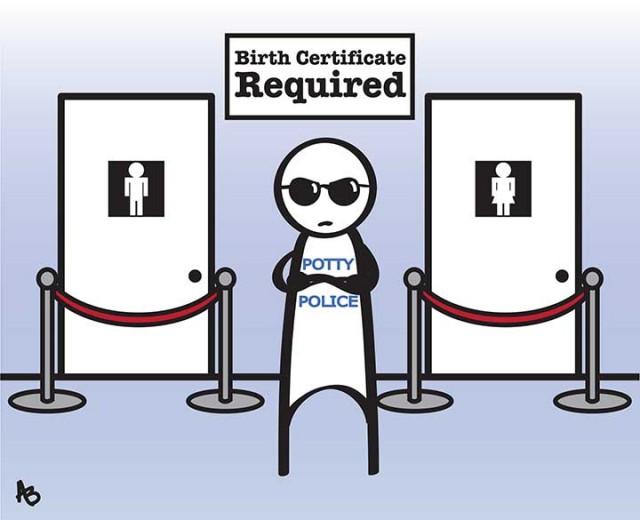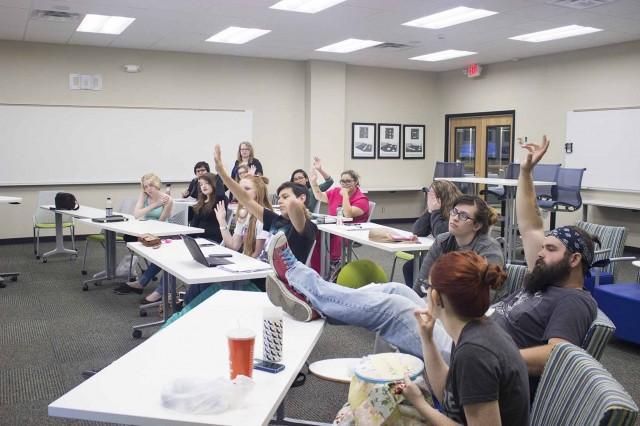By Gerrit Goodwin/ ne news editor

Photo by Bogdan Sierra Miranda/The Collegian
SE student Santos, who would only identify herself by her last name, goes to college like many other students with aspirations of achieving a degree, figuring herself out and branching out on her own.
And like many other students, Santos saw college as the place to experiment with drugs and alcohol.
Santos said the first time she experimented with marijuana was during her first semester in college in fall 2014.
“I’ve always had friends around me in high school or college that were interested in it, but, honestly, I never had an interest in it even when I first tried it,” she said. “I was going through a breakup at the time, so I was doing reckless things in general. I just decided I would try it.”
Since then, Santos said she took a long break from smoking until about one week ago when she began smoking again.
“Honestly, I have a biased view on weed. My ex-boyfriend began smoking after the breakup and eventually began using harder drugs,” she said. “It’s a gateway to fall into addiction, but I see people who use drugs and are still able to function while other people get consumed by it. Whether or not it goes to extremes depends on the person.”
Santos said while she enjoys smoking, she prefers alcohol and drinks far more frequently than she smokes.
“I didn’t drink really in high school unless my parents offered it,” she said. “I really began drinking in college because I was more exposed to it. On average, I drink three to four times a week and mostly after work. I definitely love alcohol, and I don’t discriminate.”
Santos said at times she feels too put together and overthinks and stresses over her work and school responsibilities and living at home with her parents.
“Alcohol gives me a chance to let go and not think about things so much. It has become a release for me,” she said. “It’s not about my environment. It’s about my state of mind. I know right now that when I consume, it’s a positive, and I only do it at times when I have no responsibilities.”
Others like NE counselor and psychology adjunct instructor James Varnado would disagree with Santos’ perception of drinking and argue that in the long term, she is doing more harm than any short-term relief is worth.
“Some students think smoking or using drugs can act as their motivation or relief,” Varnado said. “I’ve had students who use frequently tell me they have a tendency to do better at work or during school when they use. But that is a psychological misnomer because when someone becomes addicted to a drug, there is a lot of downtime spent gaining accessibility to the drug.”

Bogdan Sierra Miranda/The Collegian
Students may get into a rushed state when they get the drug and try to catch up with work or responsibilities, but it still ultimately acts as a deterrent and prevents people from maximizing their energy in terms of being functional, Varnado said.
Studies show that both marijuana use and binge drinking are on the rise. The rate of marijuana use among college students has risen from one out of 50 in 1994 to one out of 20 in 2013, according to a nationwide study conducted by University of Michigan scientists. Binge drinking on the other hand has increased from 43 percent to 45 percent, according to a report from the U.S. National Institute on Alcohol Abuse and Alcoholism.
“Generally, use of marijuana and drinking has increased among students, but, particularly, I’ve noticed an increase among veteran students and with those who might have mental health disorders,” Varnado said. “Usually when people take drugs, they are trying to self-medicate something that is impacting on their lives and creating the bulk of their anxiety.”
Half of the 5.4 million full-time college students in America admit to binge drinking or using drugs a minimum of once a month, according to USA Today.
Varnado said during his 46 years working in higher education, he has observed that drug use among students in residential institutions is much more frequent when compared to those in community colleges. However, the number of students who use in a two-year institution can still be considered staggering.
“A lot of anxiety for students that come to college is usually caused by the transition from the parental setting, where there is a degree of control, to moving toward some degree of autonomy as adults,” he said. “Students begin worrying about their need, desire or place in society which increases their anxiety in terms of where they are going as human beings.”
The National Center on Addiction and Substance Abuse surveyed 2,000 students, and those who used drugs said they did so to relieve stress, relax, have fun, forget their problems and fit in.
Students will also turn to drugs to deal with relationship issues or low self-esteem or to cope with unmet needs such as abuse or depression, Varnado said.
“People often take drug use for granted and, during experimentation, latch on to drugs as a means to escape their reality and become addicted,” he said. “People, places and things are the greatest factors in influencing students to use drugs.”
However, Santos maintains it’s a good thing that students have the opportunity to explore, get out of their shell and test their limits in college.
“College is the place to get away with crazy shit. It’s a crucial part in the figuring-yourself-out process,” she said. “As much fun as I have doing it, at the end of the day, I do sometimes feel ashamed because I know I am not being the best version of myself. It’s still nice not to overthink everything and cut loose once in a while, though.”
John, who asked to have his actual name withheld, is a second-year University of Texas at Arlington student studying to obtain his Bachelor of Science in nursing. John has a girlfriend, a son, a sizeable three-bedroom apartment, two cars, two dogs and a marijuana grow room built into a storage closet on his patio.
Besides being a family man and a student, John identifies himself as an accomplished drug dealer and feels his perspective is often left out of any discussion concerning drugs.
“I’ve sold ecstasy, hydrocodone, Adderall, Xanax, LSD and mushrooms, but my mainstay cash crop has always been weed,” he said. “I’ve been dealing for five years and to this day haven’t been caught. And honestly, it’s not the police I am afraid of. It’s legalization.”
Marijuana has been legalized in Oregon, Alaska, Colorado and Washington for sale and controlled adult consumption and has been decriminalized in 16 other states, meaning although it cannot be legally sold, first-time possession of a small amount of marijuana for personal consumption will incur no arrest, prison time or criminal record.
John said he has dealt to students from TCC, UTA and other colleges and occasionally adults who want to buy in bulk. If, for some reason, marijuana were legalized in Texas, John said he would be out of a job.
“With the money I’ve made selling, I’ve been able to pay for college, finance both cars and pay for rent,” he said. “As long as it’s illegal, there will always be an underground market. And as long as there is a market, I have the opportunity to make money.”
John said he has no qualms with what he does and that it’s a fallacy to think drugs can ever be eliminated from society.
“If it’s not me, it’s going to be someone else. When people decide they want something, then most times a law won’t stop them,” he said. “What I do is the essence of capitalism, and I’d like to think of myself as an entrepreneur.”
John said dealing for him is only temporary, and, right now, it’s just a way to make ends meet.
“Ultimately, when I finish my BSN, I want to become a registered nurse. Dealing was never meant to be a sustainable long-term plan, but it has worked for me in the short term,” he said. “Pot put me through college and gave me an opportunity I wouldn’t have had unless I saved up for years. Maybe drugs aren’t all that bad after all.”













